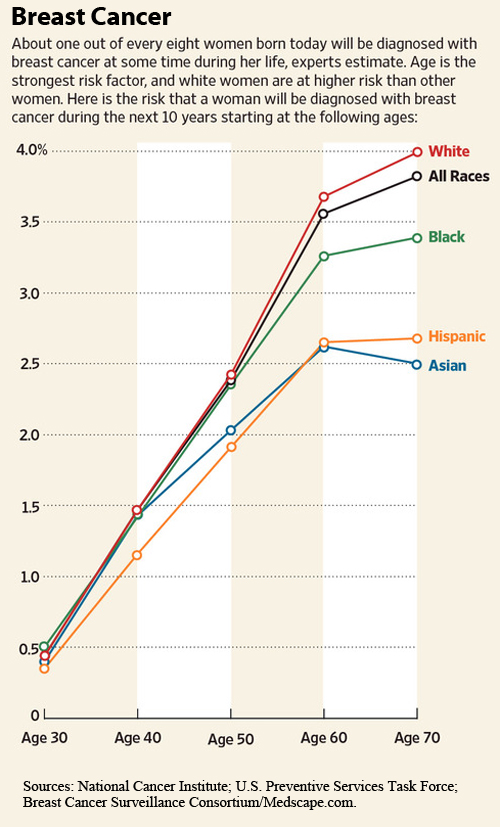The Other Side of the Gene Patent Debate
[B]eneath the court’s formalist decision lies an attempt to reconcile the ethical principle that natural phenomena can’t be patented with the economic reality of the contemporary U.S. We increasingly rely on the products of intellectual property to produce goods that the rest of the world might want to buy. If there were no patent available for gene identification, it would significantly reduce the incentive of big pharmaceutical companies to go after the basic science needed to identify genes and, potentially, create treatments for the diseases that those genes might cause. The Supreme Court cut the genetic baby in half in the hopes of preserving that incentive.
The devil, as usual, lies in the details. Those details strongly suggest that the court’s distinction rests on very shaky scientific grounds — and can be explained more by political economy than by logic. (Noah Feldman/Bloomberg)


